Introduction
Picture having a trusty robot handling your daily to-do, leaving you with more time to focus on what matters the most-well that’s the magic of marketing automation for your business. Marketing automation refers to the use of software or technologies to automate repetitive task. These tasks can include email marketing, social media posting, lead nurturing, campaign management, and customer segmentation, among others. By automating these tasks, businesses can save time, improve targeting, and enhance the overall effectiveness of their marketing efforts. Customers desire tailored experiences. According to Epsilon, “80% of consumers are more likely to make a purchase when brands offer personalized experiences”. So choosing the right marketing automation platform is crucial, it’s not just about automating tasks-it’s about empowering your marketing team, optimizing performance, and delivering exceptional experiences that drive business growth and success. So in this article we will discuss selecting the right marketing automation platform to elevate your business to next level.
Understanding Your Needs
Assessing Your Marketing Goals
Define specific, measurable objectives that align with your overall business goals. Consider short-term goals and long-term goals. Prioritize your goals based on the importance and feasibility, ensuring they are achievable and realistic within your reach.
Identifying Your Target Audience
Conduct a thorough research and understand about your target market’s demographics, preferences, and behavior. Create a buyer’s persona to understand about your ideal customer including their needs, pain points and buying motivations. Section your audience based on their age, gender, location etc.
Budget considerations
Determine your marketing budgets considering factors such as available resources, projected revenue, and ROI expectations. Allocate budgetary resources based on priority areas and anticipated costs, including software subscription fees, implementation expenses, and ongoing maintenance. Evaluate the cost-effectiveness of potential marketing automation platforms, weighing their features, scalability, and pricing plans against your budget constraints.
Things to Consider When Selecting an Ideal Marketing Automation Platform
1. User Interface
The first thing to consider is the user interface of the software. You need to make sure that you choose an easy-to-use platform, so that everyone in your team can work on it. You have to check if it is quick and easy to complete a task or do you have to jump multiple hoops. You need to ensure that you test the interface firsthand and understand how quick your team can work on this software.
2.Feature
All marketing automation platforms provide unique features. Select a platform that meets your needs and while also considering the existing technologies that you want to integrate into the new platform. So you have to check whether the existing technology can be integrated with this platform. You also have to consider if there is open API available.
So, some of the most important features include:
Email automation.
With the help of email automation, you can easily manage your email campaigns by sending mails through triggers. Email triggers help you cut down redundant tasks and let you schedule emails. Email automation software offers personalized templates for creating persuasive emails without coding. Additionally, it allows HTML design for more personalized campaigns. An effective email automation platform handles lead generation, workflows, and onboarding through automated messages. Top choices for automated emails include Mail chimp and Market.
Customer Relationship management (CRM)
CRM plays a major role in marketing automation. The best feature of CRM is that, it can gather and access information in one place. With CRM automation, you can acquire information like name, phone number, address, etc. instantly. With CRM, your whole team stays productive and organized when it comes to leads and customers. Some of the best tools for CRM automation are Salesforce and Hub Spot .
Marketing Analytics Automation
Marketing analysis allows you to access data, statistics and results automatically. It allows you to access customer and operation data to design potent campaigns and boost your lead-nurturing efforts. Marketing analytics automation enables informed decision-making by monitoring various campaigns such as email marketing, social media, websites, and ads. Top tools for marketing analytics include Pardo, Adobe Analytics, and Market Engage.
Social media automation
With social media automation, you can brainstorm social media strategies, schedule content on social media, and handle conversion and tracking. With this feature, you can track how many people have visited your website through social media.
Social media plays a vital role in engaging and humanizing your leads, but it is a lot of time consuming and tiring since every platform has different availability. Thus, using the social media automation feature can help you schedule your posts based on your lead’s availability on the different platforms, so you can engage with them at the right time and right place.
3.Technical Support
Using a new platform or software can be a bit daunting at first, so having technical assistance to get started. While many automation platforms are user-friendly, occasional complications may arise. So it’s better to choose a platform that offers high quality assistance. Verify whether the assistance is provided by human interaction or just an AI Chabot. Ensure that support is available through various channels such as live chat, phone calls, and email. Also make sure that you get an instant replay and guide to solve your problems or complications. In the era of AI and catboats, it’s crucial to have human assistance alongside catboats for a more interactive problem-solving experience.
4.Customer review
Even though you choose marketing automation based on your company objectives and requirements, it is also important to know what other users say about this platform and if they are making the most out of it.
Explore reviews(not from their websites).You can use G2 Marketing Automation Software Comparison or YouTube reviews to find the most authentic feedback from the customers. Also check how many companies are using them to gauge its popularity of the platform. Determine whether it’s predominantly utilized by B2B or B2C companies for a better understanding of its suitability for your business.
5.Pricing
Depending on the software and feature, pricing will vary. But most of the marketing automation platforms will have similar price range. It is best to choose a marketing automation tool that offers all the capabilities you need and falls under your price range.
6.Setup and onboarding
Once you’ve made the purchase, it’s time to set up the system. If you’re unfamiliar with how to use the platform, you’ll require assistance. Therefore, it’s essential to inquire with the marketing automation consultant whether they provide support with setup and onboarding. You can also explore walk-throughs or watch how-to videos to facilitate the setup of the marketing automation software. However, it’s advisable to inquire about setup and onboarding options before finalizing the purchase. You should also check if this onboarding is for free or is it paid and also have to know will they help with the migration and transfer of data from one system to another.
Conclusion
Selecting the right marketing automaton is important for businesses to streamline their marketing processes, improve efficiency, and drive better results. By understanding your needs, evaluating your goals, and considering your budget, you can identify the features and functionalities that are most important for your business.
By understanding your needs, assessing your goals, and taking your budget into account, you can pinpoint the features and functionalities that are most crucial for your business. Don’t hesitate to explore various platforms, request demos, and gather feedback from your team to make an informed decision. Keep in mind that investing in the right marketing automation platform can lead to substantial returns in terms of efficiency, productivity, and ultimately, business growth. Embark on your journey towards marketing automation today to stay ahead in the competitive landscape and effectively achieve your marketing goals.

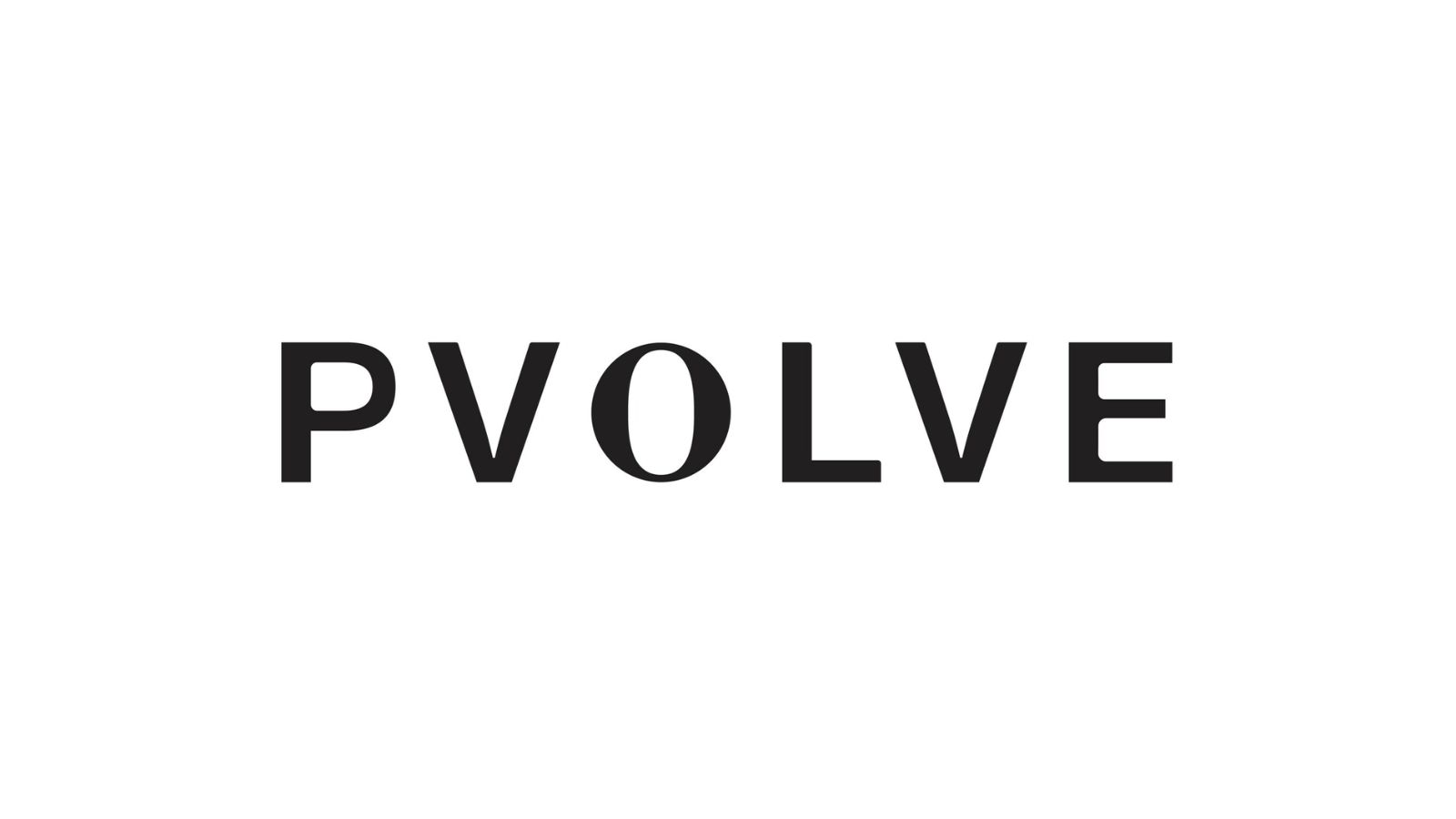
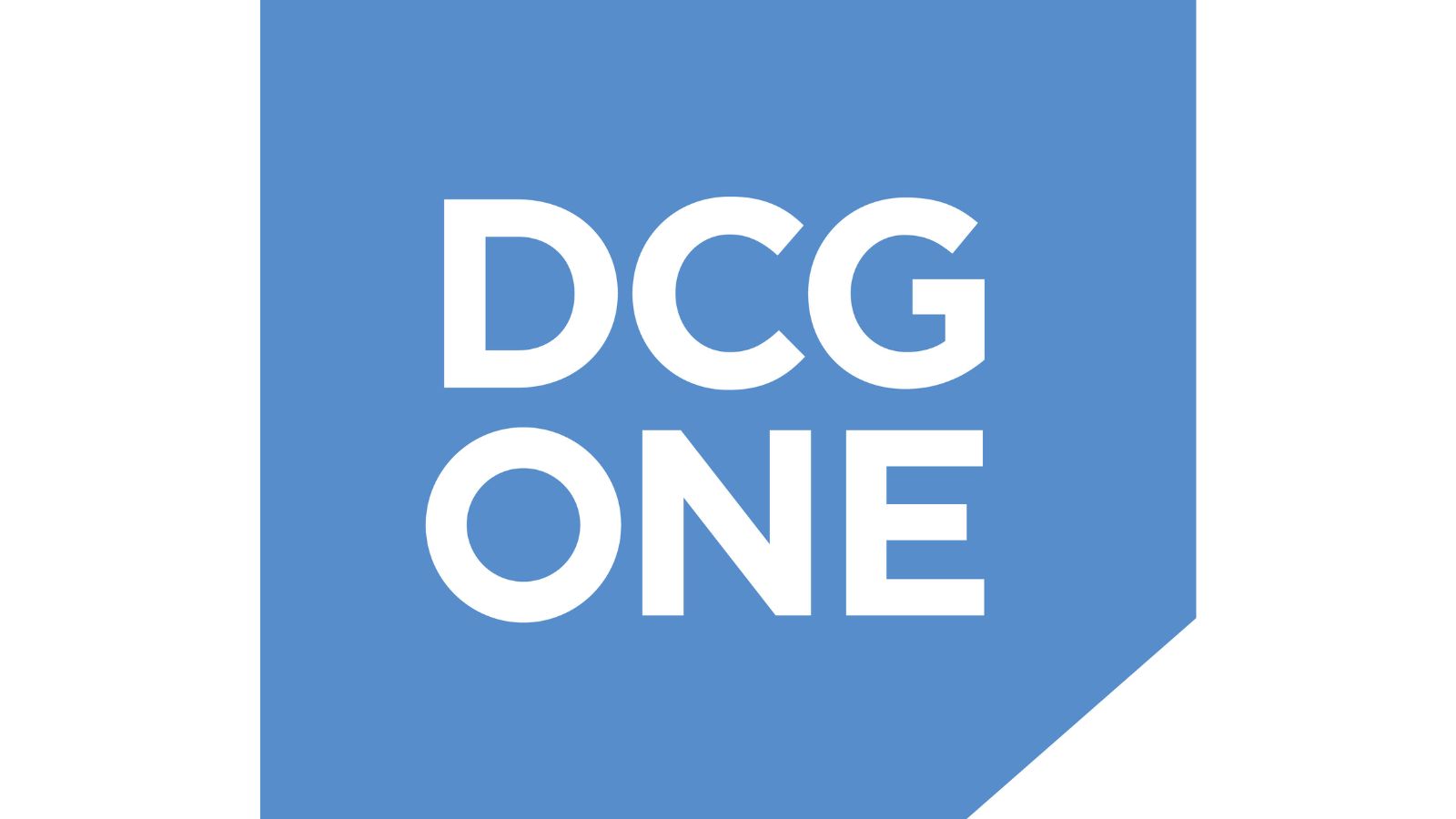
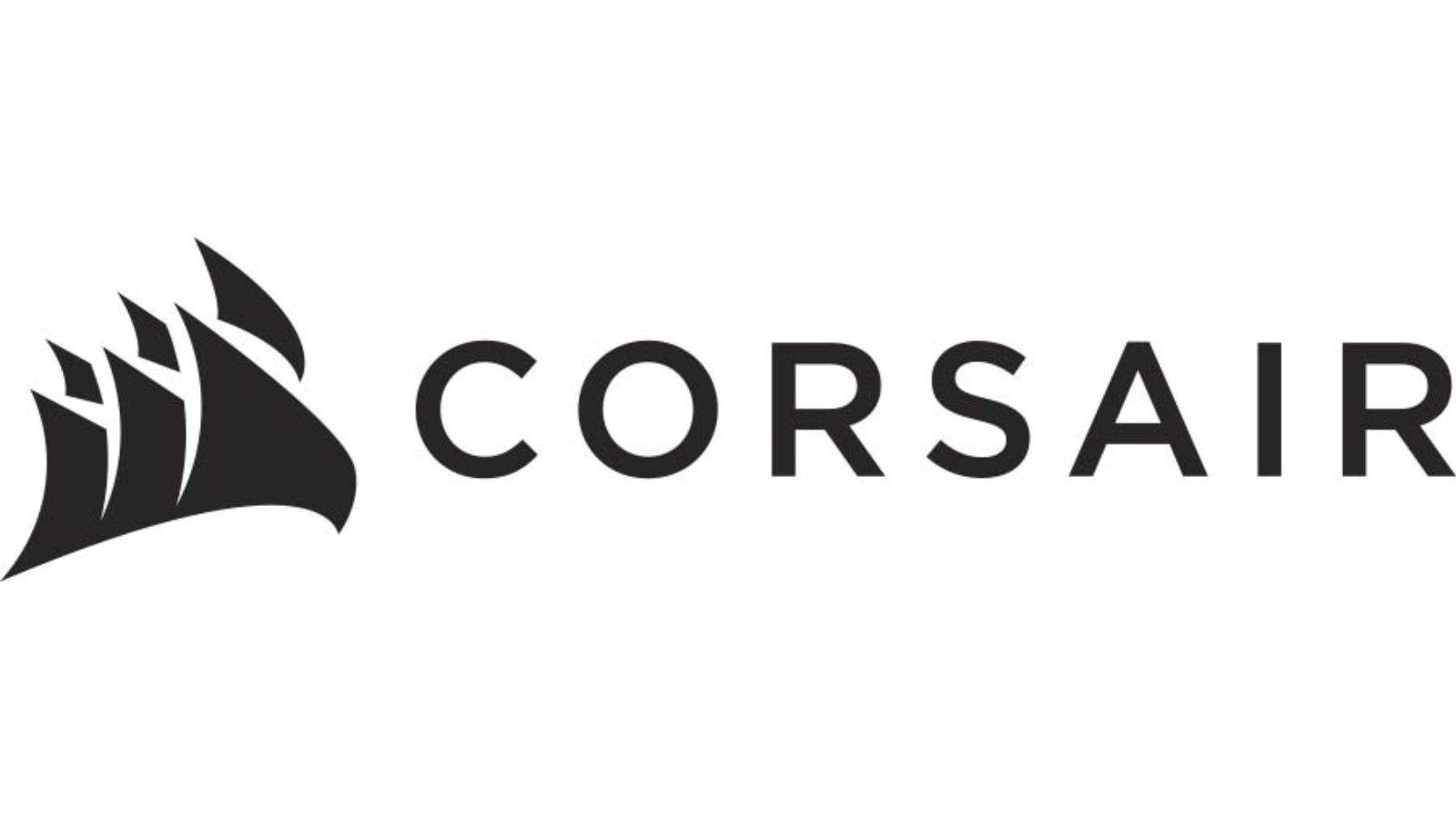
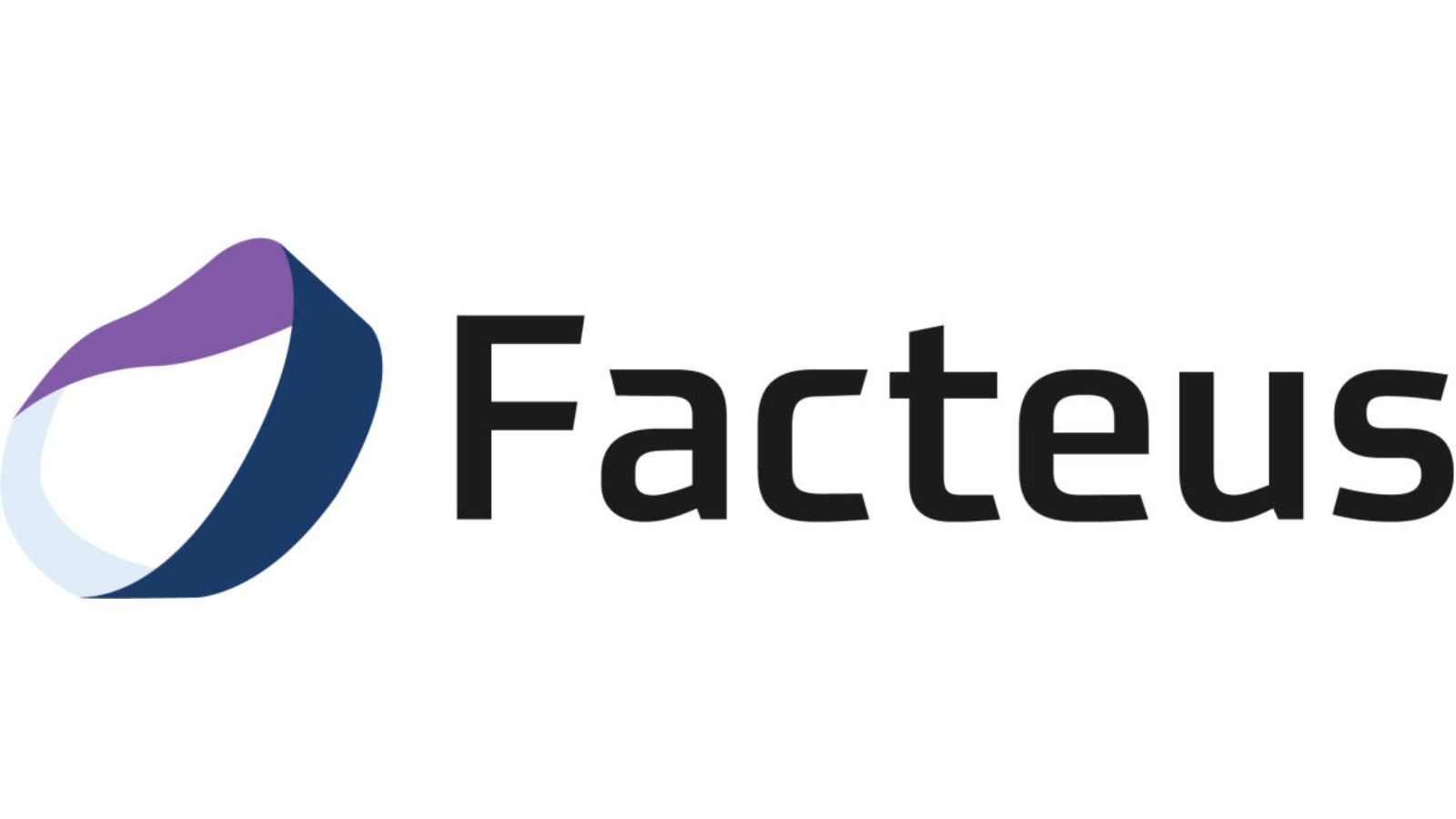



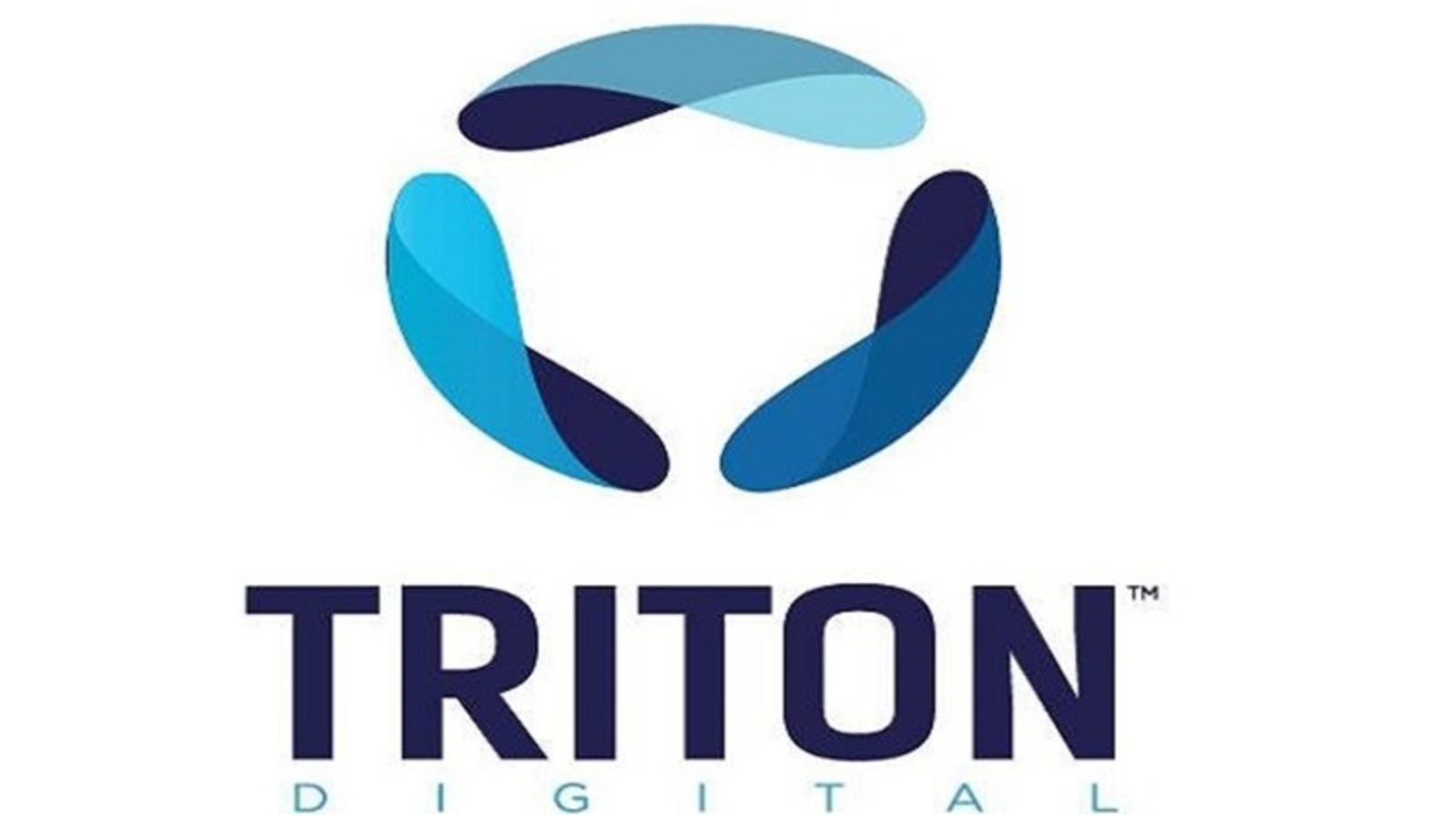
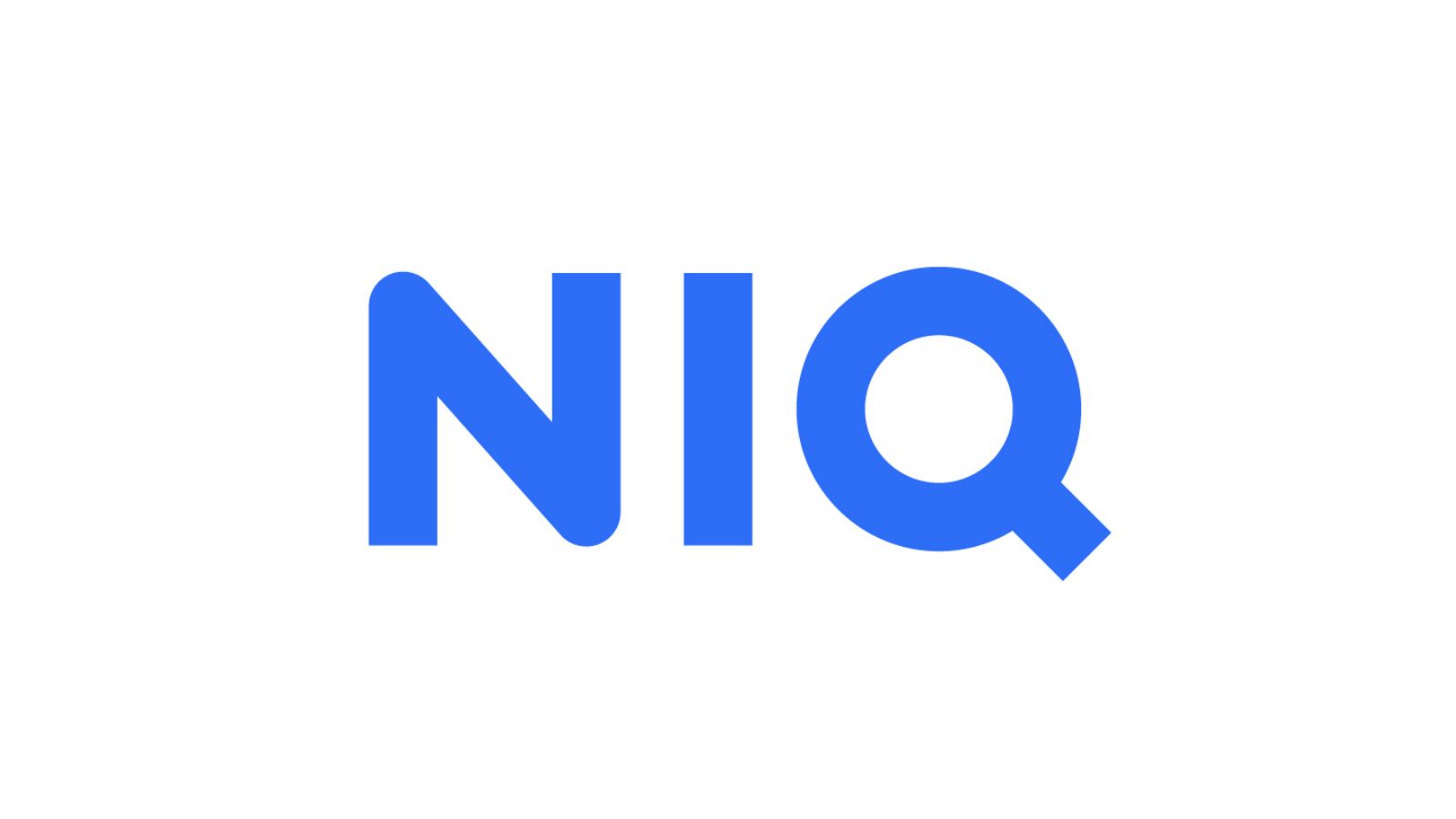
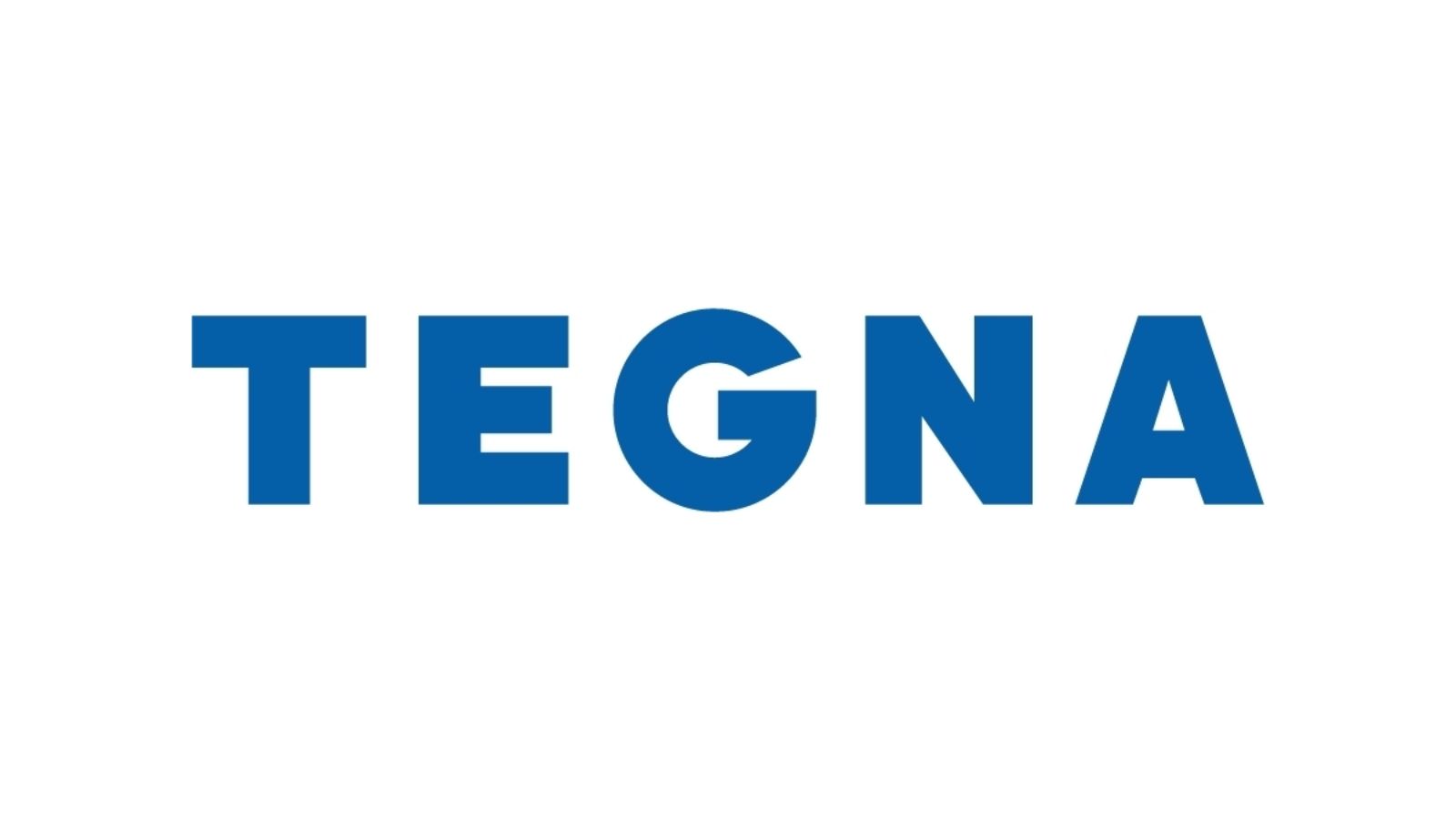
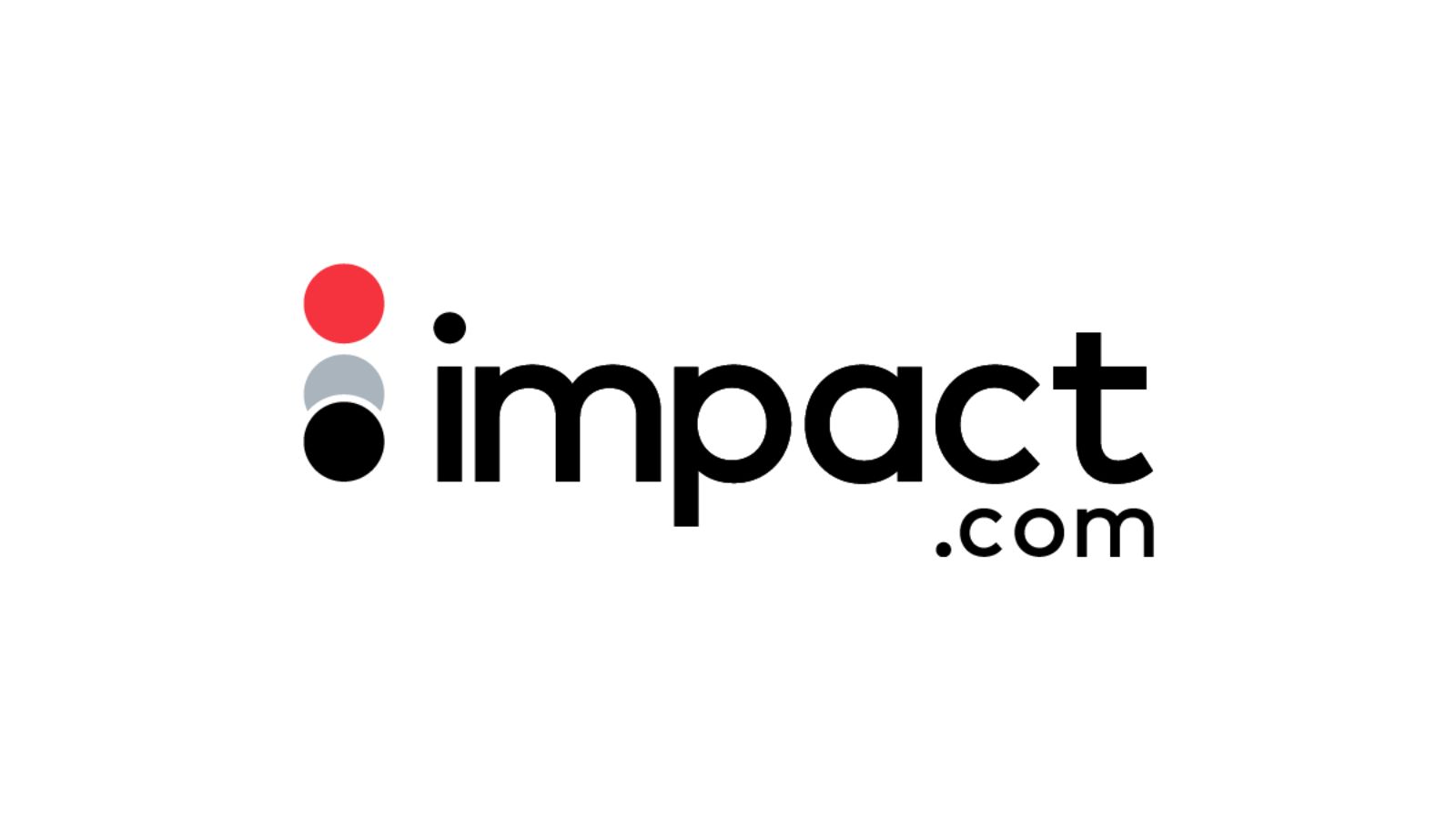
Leave a Reply